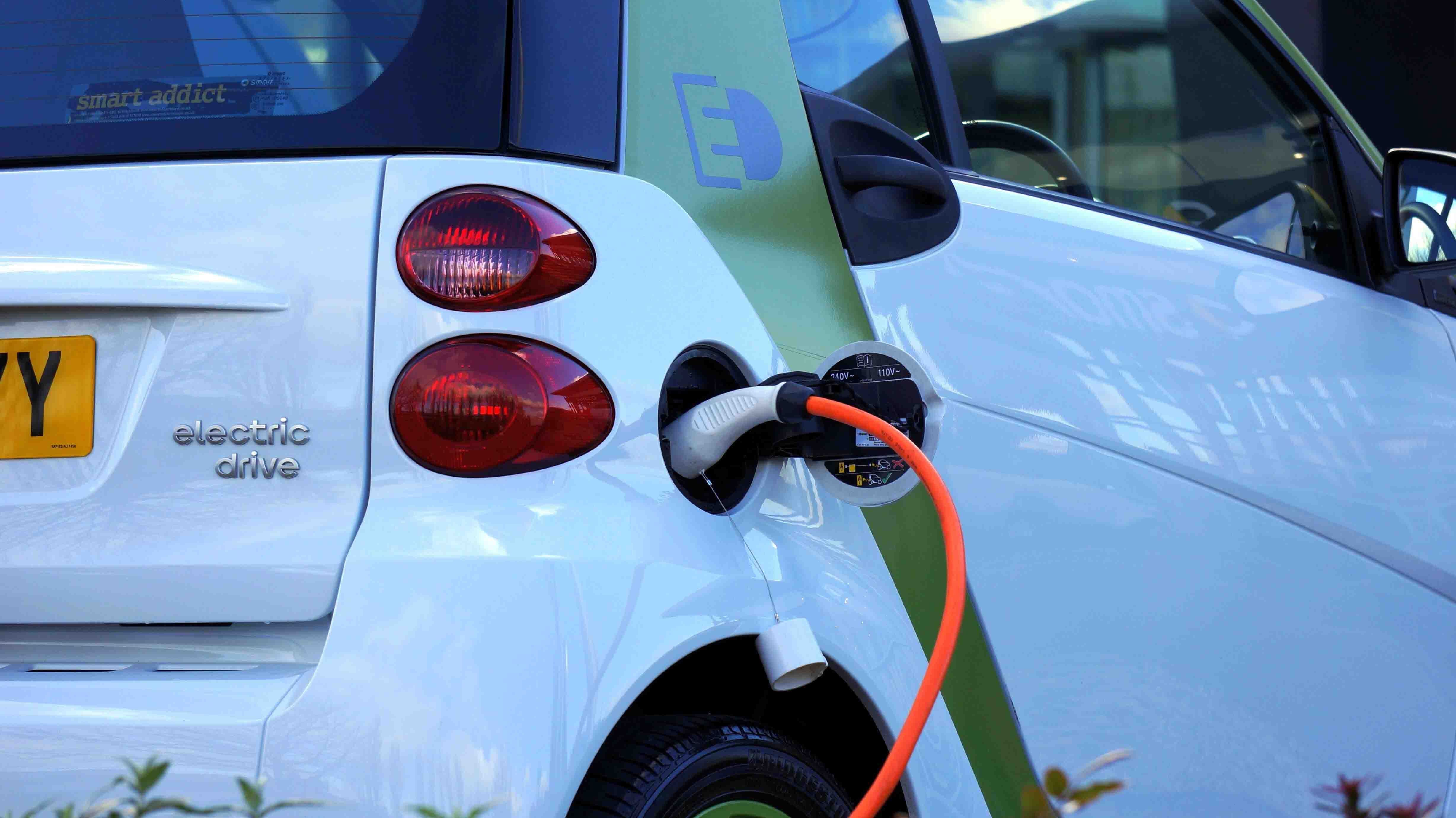Shanghai (Gasgoo)- On August 5, autonomous driving technology company WeRide announced that it has been approved to conduct night-time public road testing for its Robotaxi fleet in the Beijing High-Level Autonomous Driving Demonstration Zone. The tests will take place between 10:00 p.m. and 7:00 a.m.
WeRide is among the first companies to receive permission for night-time road testing in the capital, marking a significant step toward building a 24/7 autonomous mobility service network in Beijing. The approval lays a crucial foundation for offering round-the-clock driverless transport in one of China's most complex urban environments.
Operating in night-time conditions presents a unique set of challenges. Poor lighting, increased visual noise, and seasonal extremes like Beijing's summer rainstorms and winter snow require more advanced perception, decision-making, and control capabilities from autonomous systems. For WeRide's engineering team, ensuring effective sensor fusion under low-light conditions and quickly detecting and responding to pedestrians and vehicles in the dark has become a core technical challenge.
To address the limited visibility at night, WeRide's Robotaxi fleet is equipped with around 20 sensors per vehicle, including high-dynamic-range cameras and high-beam-density LiDAR units. These work in tandem with WeRide's proprietary sensor fusion algorithms and high-performance computing platform, delivering a seamless 360-degree field of perception with a range of up to 200 meters. This setup ensures the vehicle can maintain stable perception and make rapid driving decisions even in dim lighting or adverse weather.
Beyond low light, extreme weather conditions—such as heavy rain, dust, and snow—pose further risks to operational stability. To overcome these, WeRide uses automotive-grade sensors built with rigorous assembly standards and has developed an intelligent cleaning system that can automatically detect and remove dirt or moisture from the sensors, ensuring consistent performance across diverse environmental conditions.
WeRide has already launched Robotaxi testing or services in ten cities across four countries, achieving more than 2,200 days of safe operation. In May 2025, it launched China's first 24/7 autonomous ride-hailing network in Guangzhou, gaining significant experience managing transitions between day and night, varying traffic conditions, and complex operational scenarios. This track record underscores the company's technical robustness and ability to maintain stable operations in high-stress environments.
The company said launching round-the-clock autonomous car testing in Beijing not only validates WeRide's technical architecture and safety protocols, but also helps address critical transport gaps during late-night and early-morning hours. These "mobility dead zones" often lack sufficient service coverage, particularly in remote or low-demand pickup areas.



